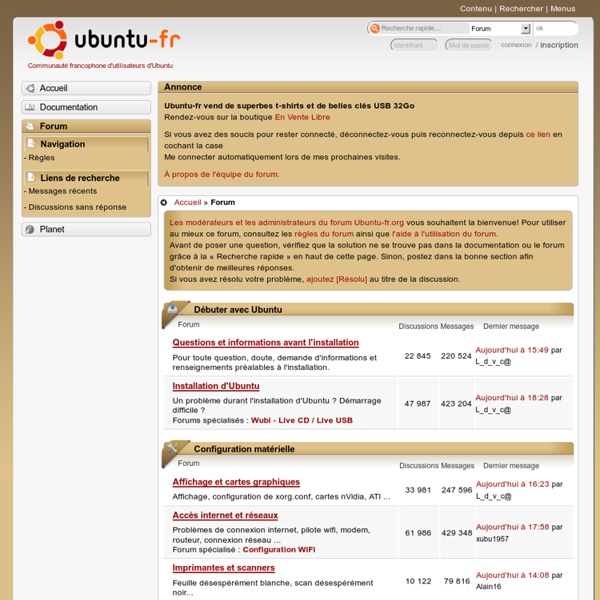



CM9 SGS Attention, cette manipulation n'est pas sans danger, ni moi, ni Frandroid ou un de ses membres ne pourra être tenu responsable en cas de mauvaise manipulation, cependant si vous suivez scrupuleusement le tutoriel, tout devrait bien se passer ! Tableau de bord Spoiler -[16/11/11] Ouverture du topic. -[Prochainement] Ajout de screenshots, ajouts de vidéos, développement du topic. -[18/11/11] Mise à jour du changelog et des liens. -[Changement majeur] Maintenant pour les versions i9000, il suffit juste de flasher la rom. -[19/11/11] Nouvelle vidéo avec l’accélération matériel. _________Ajout de la FAQ _________Mise à jour des liens et du changelog. _________Suppression de la vidéo car le lien disparaissait à chaque modification du topic. _________Développement du topic. _________J'avoue ne pas comprendre. -[20/11/11] Mise à jour du kernel, du changelog et ajout du fix pour le market. -[22/12/11] La rom passe en statut stable________..Refonte du tutoriel, et mise à jour du changelog. -Le changelog 1.
Réseau entre Windows XP et Uuntu 11.04 (Page 1) / Accès internet et réseaux Bonjour, Comme l'indique Sinbad83, la première chose à vérifier est que les deux ordinateurs fassent partie du même réseau. On parle ici d'un même réseau logique, à savoir: est-ce que la connexion WiFi de ton ordinateur et la connexion CPL du serveur sous Windows sont reliés au même routeur/à la même box? Si ce n'est pas le cas, les deux ordinateurs ne se verront simplement pas. Alors la première chose à vérifier, c'est que les deux ordinateurs fassent partie du même réseau logique. La seconde chose à vérifier, c'est que ton serveur sous Windows partage effectivement un dossier. La troisième chose à vérifier serait de s'assurer que le pare-feu, du côté de Windows, laisse bien passer les connexions vers ce dossier partagé. Enfin, une quatrième chose à s'assurer, c'est que du côté d'Ubuntu, le pare-feu d'Ubuntu laisse transiter les connexions aux dossiers partagés externes. C'est un peu du n'importe quoi, ce document.
Anthroposophie Un article de Wikipédia, l'encyclopédie libre. L'anthroposophie est un courant de pensée et de spiritualité créé au début du XXe siècle par Rudolf Steiner. Selon lui il s'agit d'une « science de l'esprit », une tentative d'étudier, d'éprouver et de décrire des phénomènes spirituels avec la même précision et clarté avec lesquelles la science étudie et décrit le monde physique. Cette démarche n'est toutefois pas reconnue comme une science, elle se fonde sur les premiers travaux philosophiques de Rudolf Steiner, dont les premiers ouvrages (Une théorie de la connaissance chez Goethe, Vérité et science, La philosophie de la liberté) sont consacrés à l'élaboration de son concept, qu'il rattache en particulier à Goethe, mais aussi à toute la tradition idéaliste allemande. Les principes de l'anthroposophie ont été appliqués dans divers domaines, comme dans les écoles Steiner, l'agriculture biodynamique, la médecine anthroposophique. Étymologie[modifier | modifier le code] 1. 2. 3. 4. 5. 6.
GNU/Linux Timeline After a short essay on methodology we’re curious to find out whether there are any master-snoops among our audience. We present exhibit M, a rare specimen we know nothing about but for the fact that it was compiled from bits of Gentoo. Hence we call publicly for any hints or leads regarding this elusive distribution! Meanwhile, a gentle reader has drawn to our attention the fact that Damn Vulnerable Linux is currently listed as a Slax derivate by the major pundit places, while it certainly boasted a Damn Small Linux pedigree in it’s very beginnings. The switch has happened, but everyone claims not to have seen when it did! Have you? And just in case anyone needs more material, here’s our current ToDo buffer. While checking out the page DW links to Greenie, Newtoos catches the eye. If only project sites had a nicely visible change log / history section… Two distributions for the GLDT 11.7 are done, eight still to go!
sponsors of the organic guide | the organic guide to ireland We would like to thank the following organisations who are making the The New Organic Guide Book and The Organic Guide to Ireland Website happen. In partnership the Organic Centre and the Soil Association Department of Agriculture and Rural Development The Department of Agriculture and Rural Development (DARD) aims to promote sustainable economic growth and the development of the countryside in Northern Ireland. Bord Bia Bord Bia's mission "To drive the success of a world class Irish food, drink and horticulture industry through strategic market development, promotion & information services”. Department of Agriculture Fisheries and Food An Roinn Talmhaiochta,Iascaigh agus Bia. "Our mission is to lead the sustainable development of a competitive, consumer focused agri-food sector and to contribute to a vibrant rural economy and society. Sponsorship opportunities (to be included shortly) Want to advertise?
Heimdall What is Heimdall? Heimdall is a cross-platform open-source tool suite used to flash firmware (aka ROMs) onto Samsung mobile devices. How does it work? Heimdall connects to a mobile device over USB and interact with software running on device known as Loke. Loke and Heimdall communicate via the custom Samsung-developed protocol sometimes referred to as the 'Odin protocol'. Why 'Heimdall'? For internal use, Samsung developed their own firmware flashing tool known as 'Odin', named after the king of gods in Norse mythology. What platforms does Heimdall run on? Officially - Linux, OS X and Windows (XP, Vista, 7 etc.) Why use Heimdall when we can use Samsung's tool, Odin? Aside from being slow and generally unreliable, Odin only runs on Windows systems. Is Heimdall safe? No matter which method you chose, flashing firmware onto your device has potential for disaster. How do devices get bricked when flashing? Which devices has Heimdall been tested with? Enough talk, where can we get it? Please read it!
InsanelyMac Android-x86